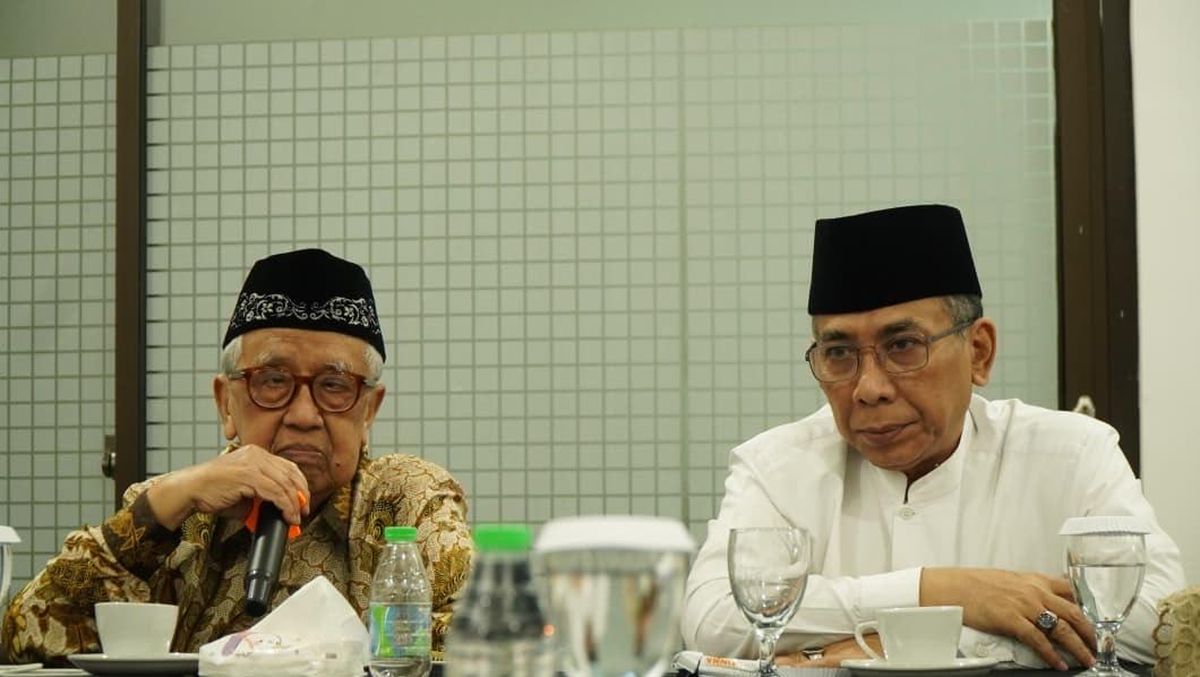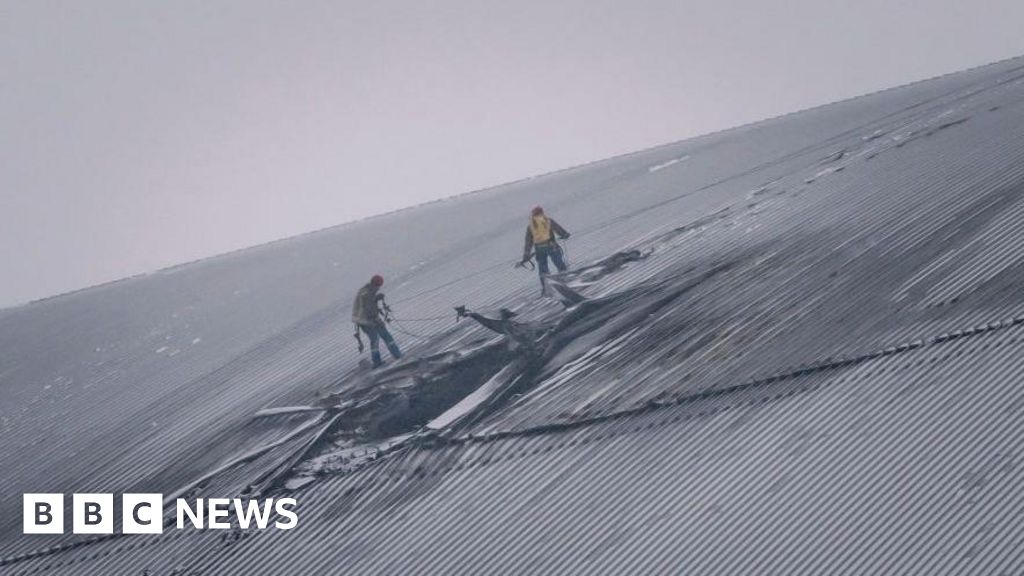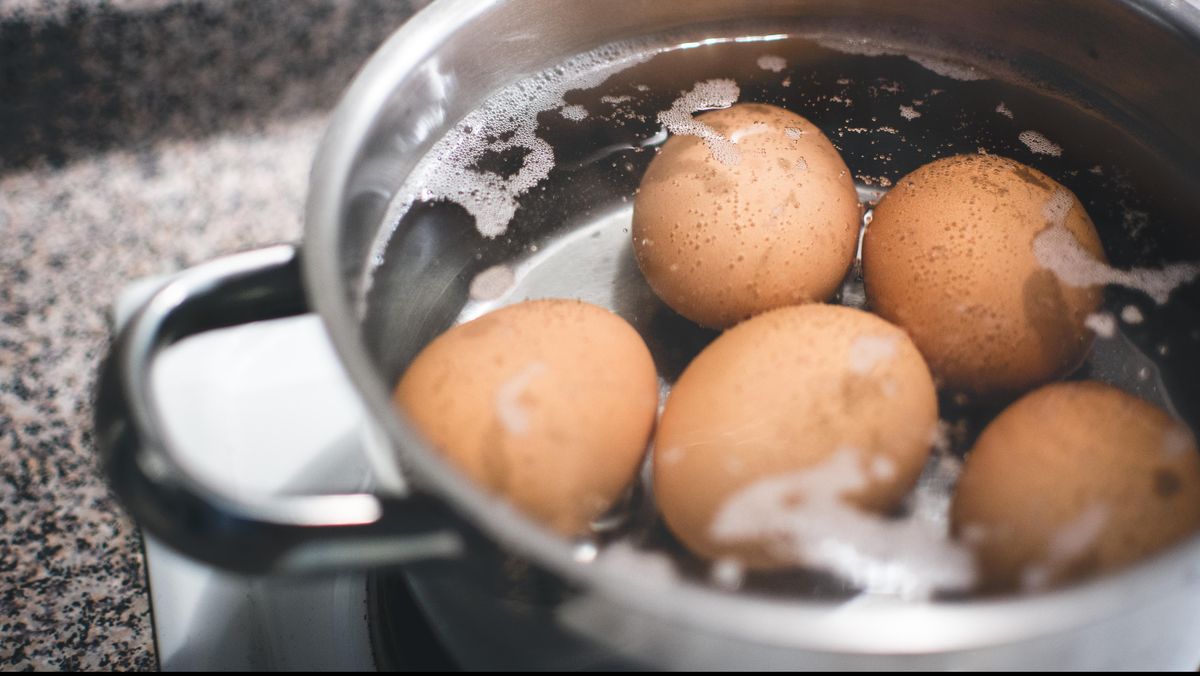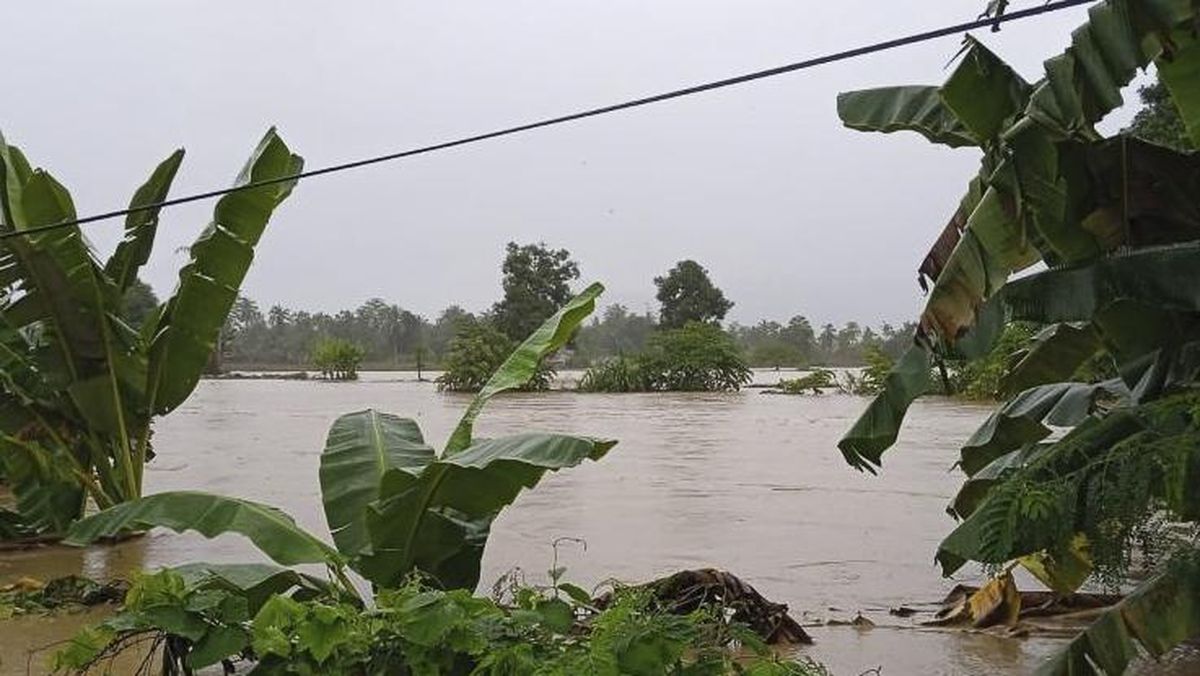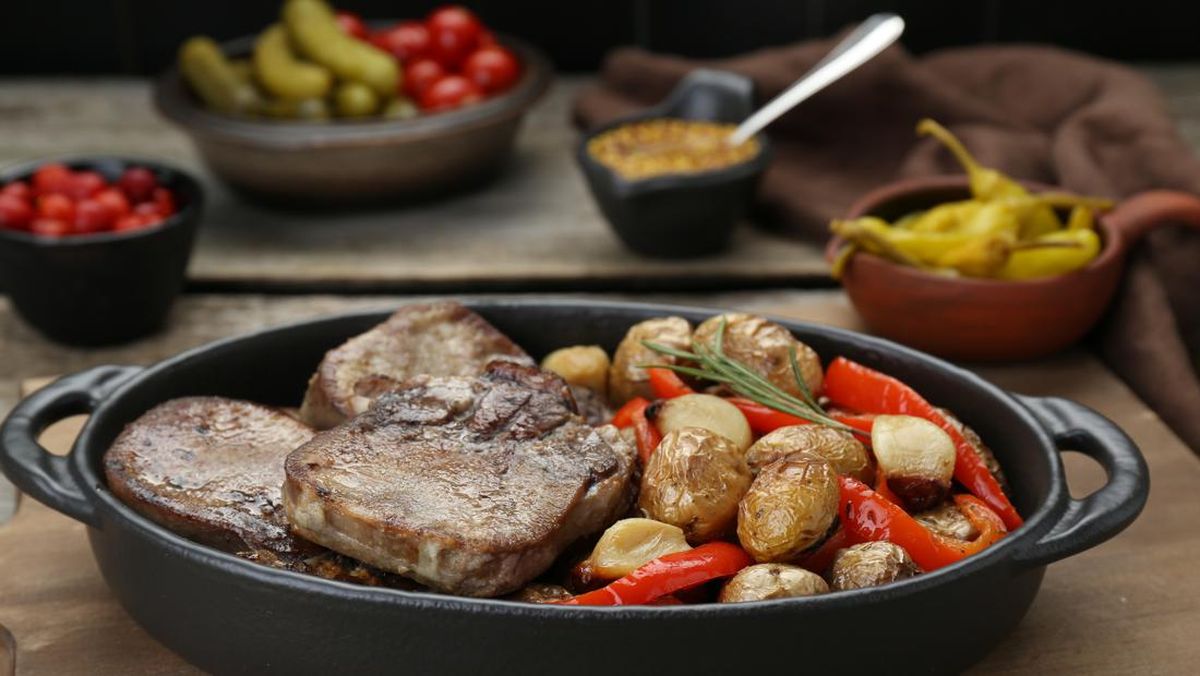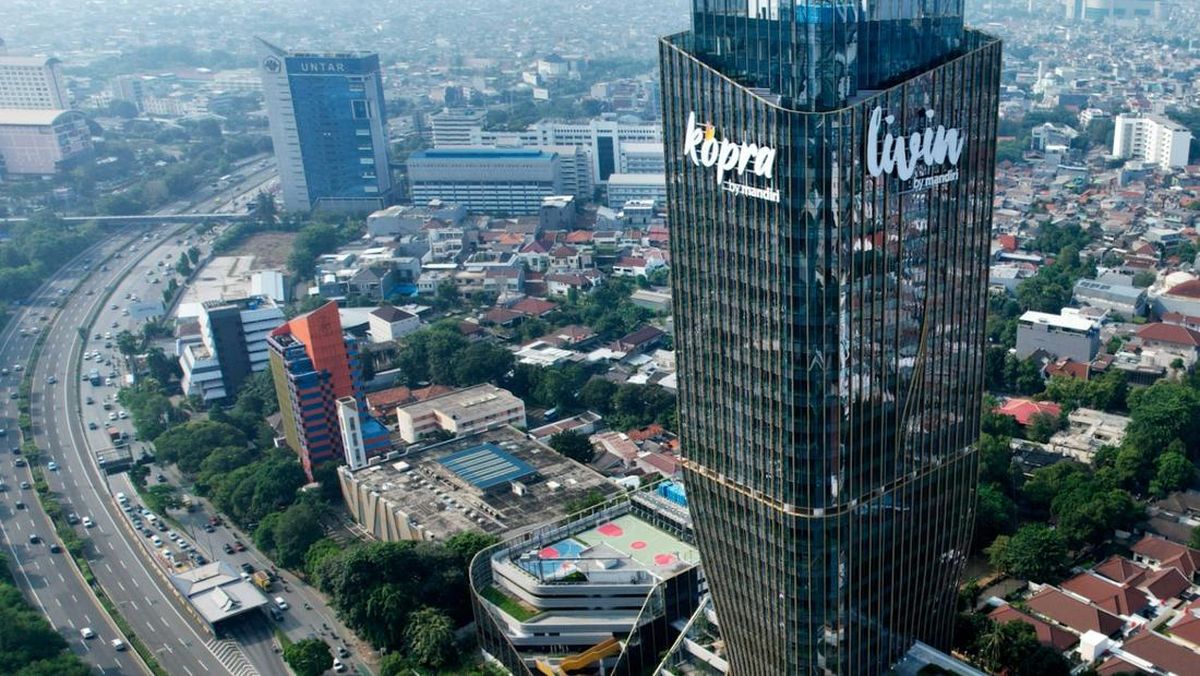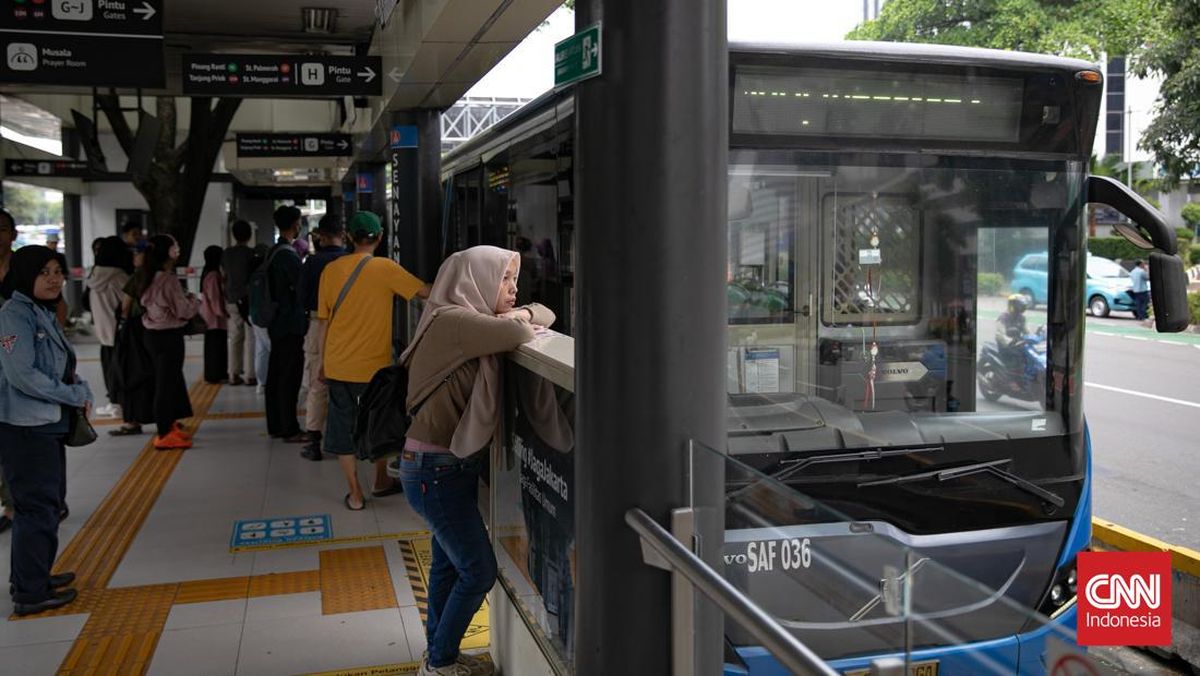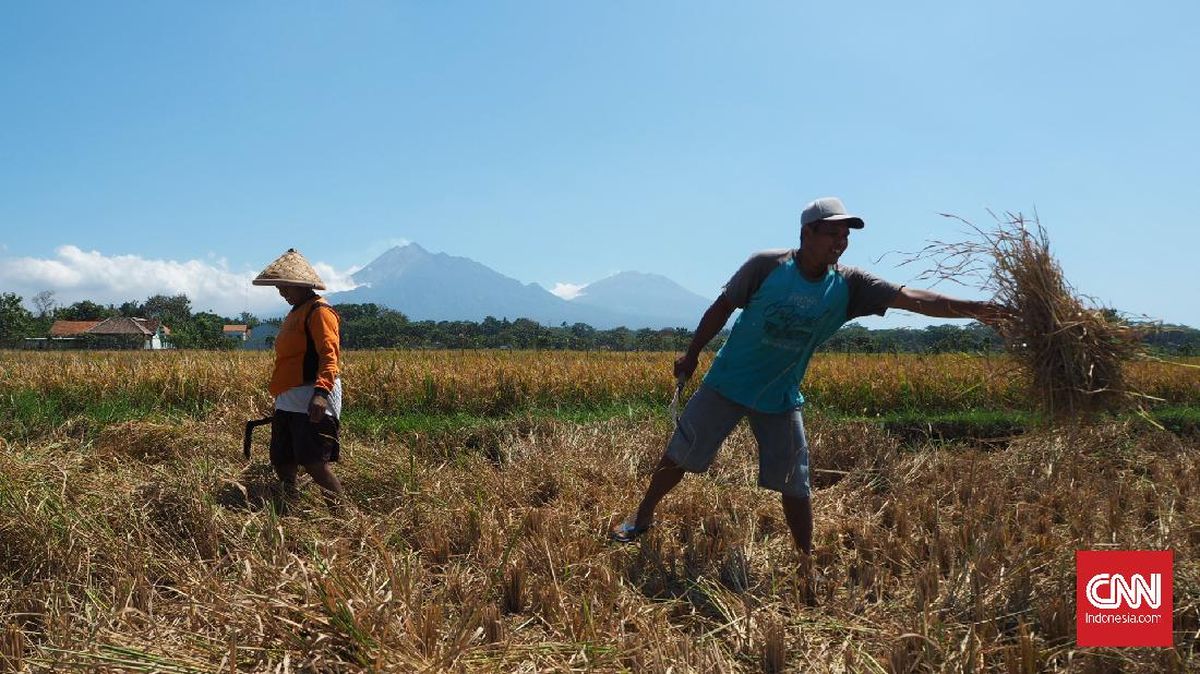Australians have slashed their approval of Sussan Ley’s performance after a month of Liberal Party instability, leaks, resignations and sackings, in findings that will pile pressure on the opposition leader and increase speculation about her political future.
Just 33 per cent of voters rated Ley’s performance as either good or very good – a fall of 8 per cent in a single month – while 38 per cent rated her performance as either poor or very poor, up from 32 per cent last month. The finding delivers a net rating of minus 5 for Ley – down from plus 9 last month in a 14 percentage-point decline, well beyond the margin for error.

Approval ratings for Opposition Leader Sussan Ley and Prime Minister Anthony Albanese have both dropped, but Ley’s have fallen further. Credit: Dominic Lorrimer
Prime Minister Anthony Albanese’s performance rating also went backwards, 41 per cent of voters saying his performance was good or very good – down from 44 per cent last month – and 47 per cent stating it was bad or very bad, up from 45 per cent last month. That is net drop of five percentage points and a net rating of minus 6, also outside the margin of error.
Nevertheless, as Ley’s approval ratings fell further, Albanese’s lead over her as preferred prime minister has increased by five percentage points in the past month, from 38-26 to 40-23, a net lead of 17 percentage points.
The massive drop in support for Ley is likely to be seized on by her factional opponents as further proof the opposition leader is not the person to lead the Liberals following the sweeping defeat at the election in May.
Conversely, allies of Ley will argue that her personal approval – which until now has been much better than the party’s languishing two-party preferred and primary votes – has taken a hit precisely because of the disunity and destabilising from within Coalition ranks.
Overall, Labor holds a commanding and unchanged 10 percentage point lead in the two-party preferred vote at 55-45, based on the stated preferences of people surveyed, which is the same margin as the national vote in the May 3 election when Anthony Albanese won a landslide victory, but a drop from the stratospheric 59-41 post-victory glow recorded for the government in August.
Labor’s primary vote fell from 35 per cent to 34 per cent over the past month – a movement within the margin of error but the second month in a row the government lost ground – while the Coalition’s vote rose by one percentage point from 27 to 28 per cent this month after falling by two points last month.
The survey of 1800 people, conducted for this masthead by polling firm Resolve Strategic, took place from October 7 to 12 and has a margin of error of 2.3 per cent.
Resolve pollster Jim Reed said Ley’s sliding approval ratings were not surprising “given the instability we’ve seen recently. It’s one of the ironies of politics that leaders do not control unity but they suffer most from disunity. Voters are telling us they don’t know who will be leader next year, let alone what their policies are.”
Ley, who sacked Jacinta Nampijinpa Price last month for disloyalty and offensive comments about Indian immigration to Australia, will finalise a second mini-reshuffle soon after the resignation of shadow home affairs spokesman Andrew Hastie a week ago from the frontbench.
Loading
Both rebel MPs returned to the backbench in part over their populist opposition to increasing overseas arrivals, although it is Coalition policy to reduce net overseas migration below current Labor targets.
This view is also shared by most of those asked in the latest Resolve poll, with 58 per cent of voters wanting to see the intake slashed, 27 per cent of people unsure and only 15 per cent opposed to reducing the intake.
On immigration, respondents to the survey were told that Australia’s current net migration is 316,000 people and the permanent intake is 185,000 people per year and that the Coalition wanted to cut it. They were then asked whether they “support or oppose a significant reduction in Australia’s immigration numbers?”
Most voters from across the political spectrum supported a cut, including 57 per cent of Labor voters, 65 per cent of Coalition voters, 50 per cent of people who voted independent and 77 per cent of One Nation voters. Even a slim majority of Greens voters (35 per cent support, 32 per cent oppose and 33 per cent undecided) wanted immigration cut, while every age cohort backed a cut, too.
In September, population growth slowed to a near three-year low after net migration came in 17,000 people lower than the government had forecast. The country added 423,400 residents in the 12 months to the end of March to take the total population to 27.5 million.
While the Coalition’s factions are divided on thorny issues such as immigration and net zero, voters were also split when asked whether the opposition should move back to the political centre ideologically or tack further to the right.
Overall, 25 per cent of voters said the Coalition should be more right-wing, 32 per cent said the Coalition should move to the political centre ground – which the moderate Ley is attempting to do – 11 per cent said they wanted no change and 32 per cent said they were unsure.
Among Coalition voters, 32 per cent wanted them to be more conservative and 33 per cent wanted them to move to the centre ground, with 23 per cent unsure and 12 per cent wanting no change.
One Nation’s vote, which rose by 3 percentage points last month to a new high in the Resolve poll, held steady at 12 per cent, suggesting the party was still stealing voters from the Coalition.
The Greens’ primary vote was unchanged on 11 per cent this month, while support for “other” parties, including independents, the Greens, other parties and One Nation held steady at a high 38 per cent, meaning more than one-third of Australians don’t back either major party and confirming a decades-long trend away from the two major parties.
Cut through the noise of federal politics with news, views and expert analysis. Subscribers can sign up to our weekly Inside Politics newsletter.
Most Viewed in Politics
Loading




